Madagascar has lost around half or possibly far more of its original forests and as much as half of the live coral off its coasts, resulting in the decline of nearly all lemur species, which are threatened with extinction, along with half of the country's chameleons and several species of tenrec, a type of insectivorous mammal found only in Madagascar. The island nation, known for its unique array of wildlife and plants, has seen a significant decline in biodiversity, with many of its endemic species facing severe threats to their survival.
According to conservationists, the main culprit behind this decline is the degradation of Madagascar's natural habitats, largely due to human activities such as deforestation, mining, and overfishing. "The loss of forests and coral reefs has a devastating impact on the island's ecosystem," said Dr. Rakotoarisoa, a leading conservation biologist at the University of Antananarivo. "Many of these species are found nowhere else on Earth, and their loss would be irreparable."
Madagascar's unique biodiversity has long been a source of fascination for scientists and the general public alike. The country is home to over 200 species of birds, including the iconic velvet asity, and more than 100 species of lemurs, which are found only in Madagascar. However, the island's natural resources have long been under threat from human activities, and the current decline of its biodiversity is a stark reminder of the need for urgent action.
International organizations have been working closely with the Malagasy government to develop conservation strategies and protect the island's natural resources. The United Nations Environment Programme (UNEP) has been providing technical assistance and funding to support conservation efforts, while the World Wildlife Fund (WWF) has been working to protect key habitats and species. "We are committed to supporting the government of Madagascar in its efforts to conserve the island's unique biodiversity," said a spokesperson for the UNEP.
Despite these efforts, the situation remains critical, and many experts warn that the window for action is rapidly closing. "We need to act now to protect Madagascar's natural heritage," said Dr. Rakotoarisoa. "The loss of these species would not only be a tragedy for Madagascar, but also for the world as a whole." The international community is watching closely, and the next few years will be crucial in determining the fate of Madagascar's unique and irreplaceable biodiversity.
In the meantime, the Malagasy government has announced plans to establish a network of protected areas, which will provide a safe haven for many of the island's endangered species. However, the success of these efforts will depend on the level of international support and cooperation. As the situation in Madagascar continues to deteriorate, the world is holding its breath, hoping that the island's unique biodiversity will be preserved for future generations.
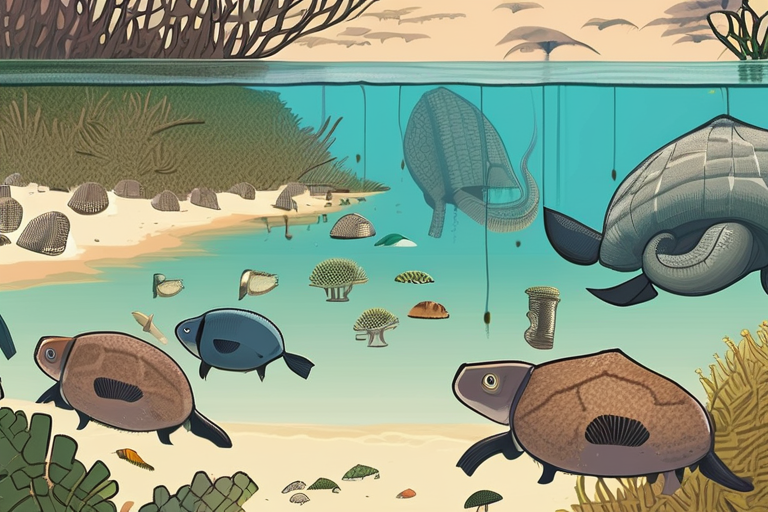



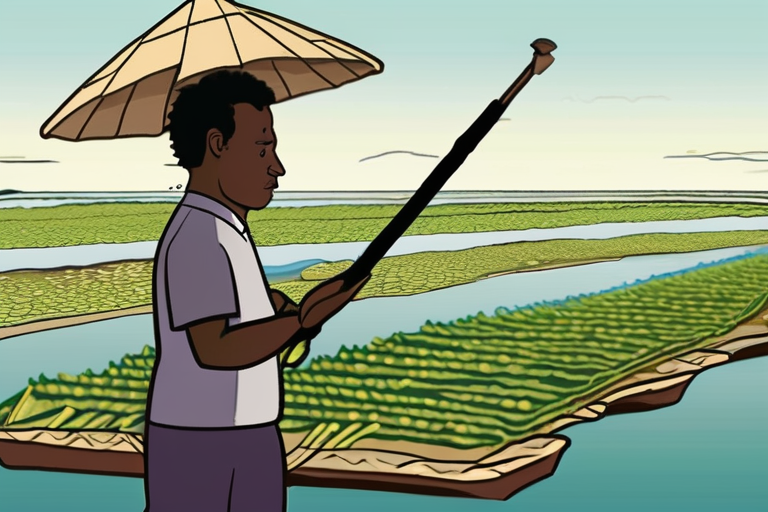
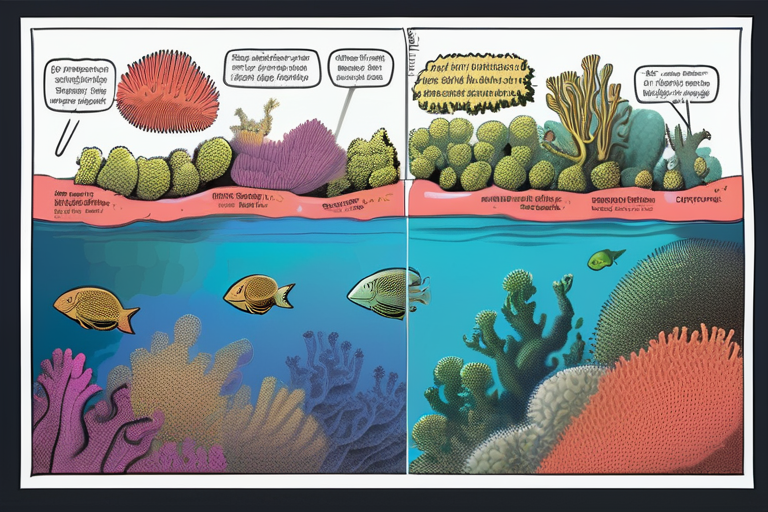

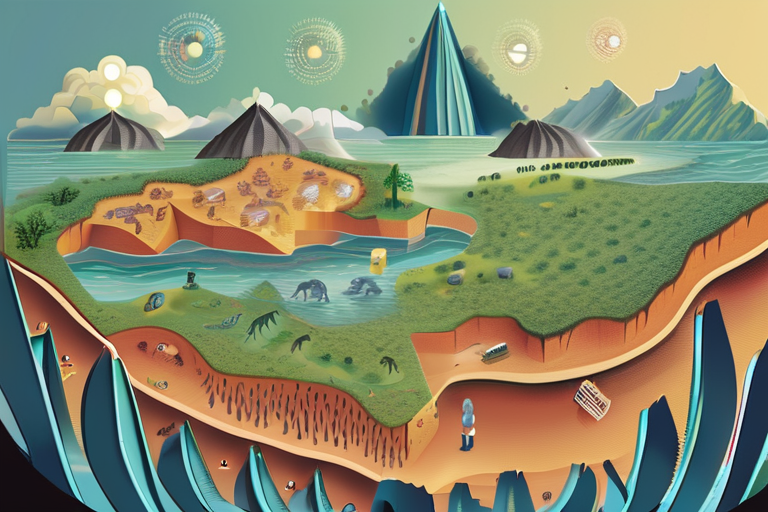






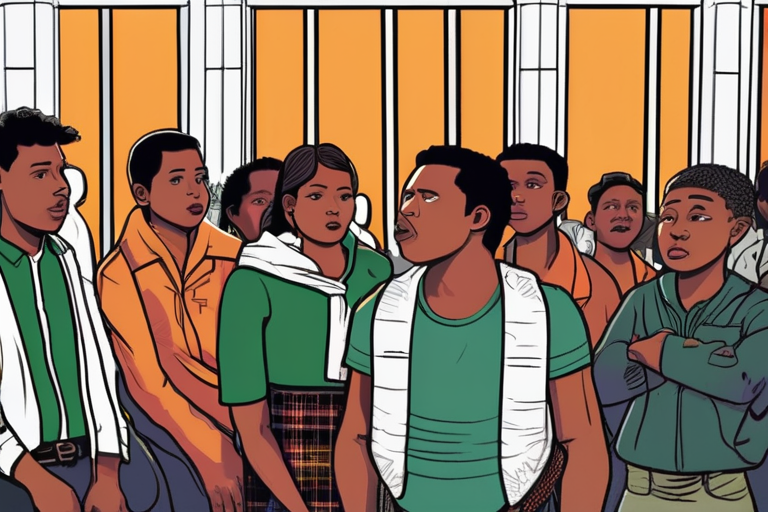


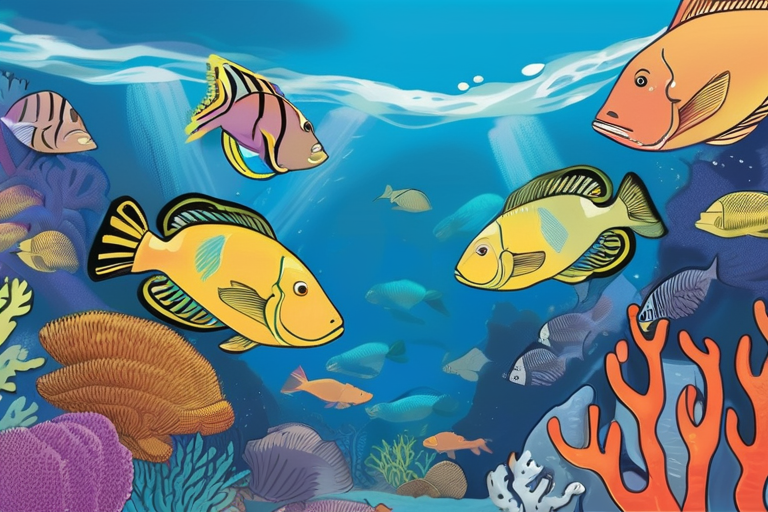
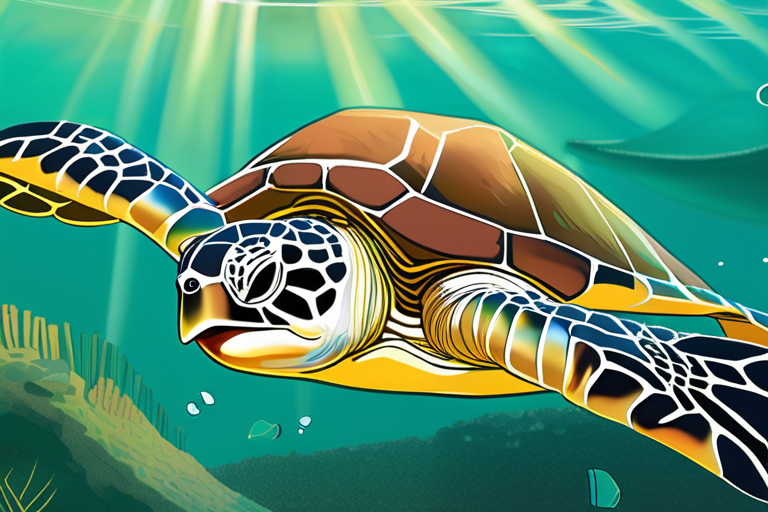


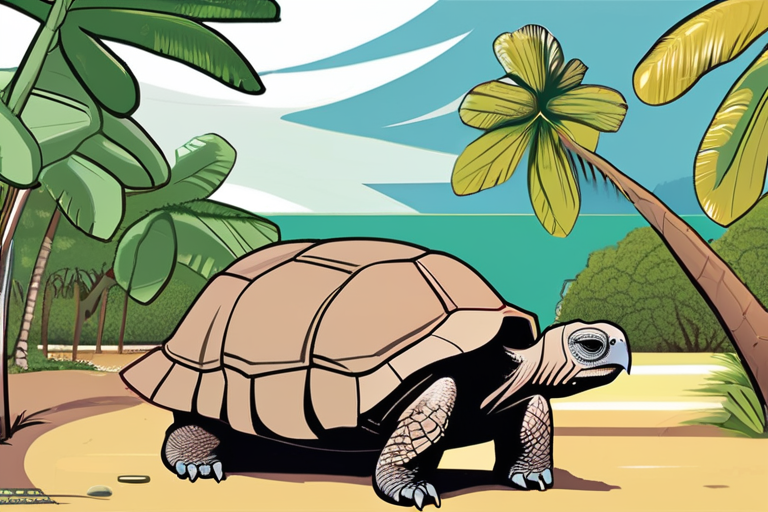

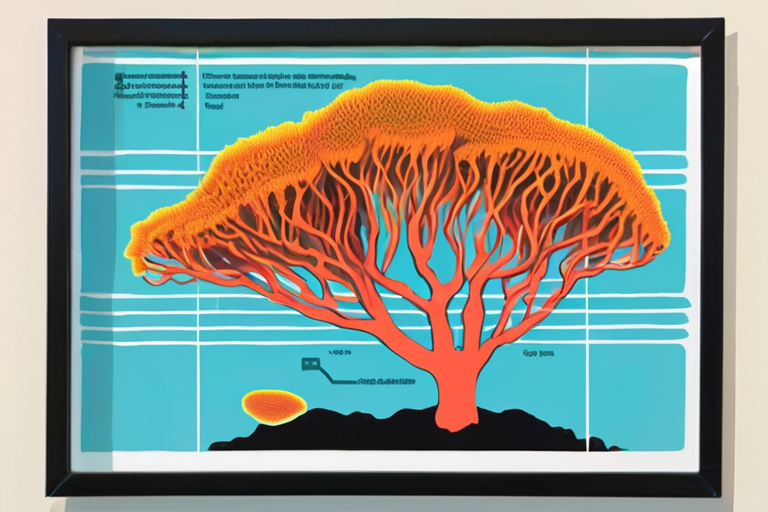



Share & Engage Share
Share this article